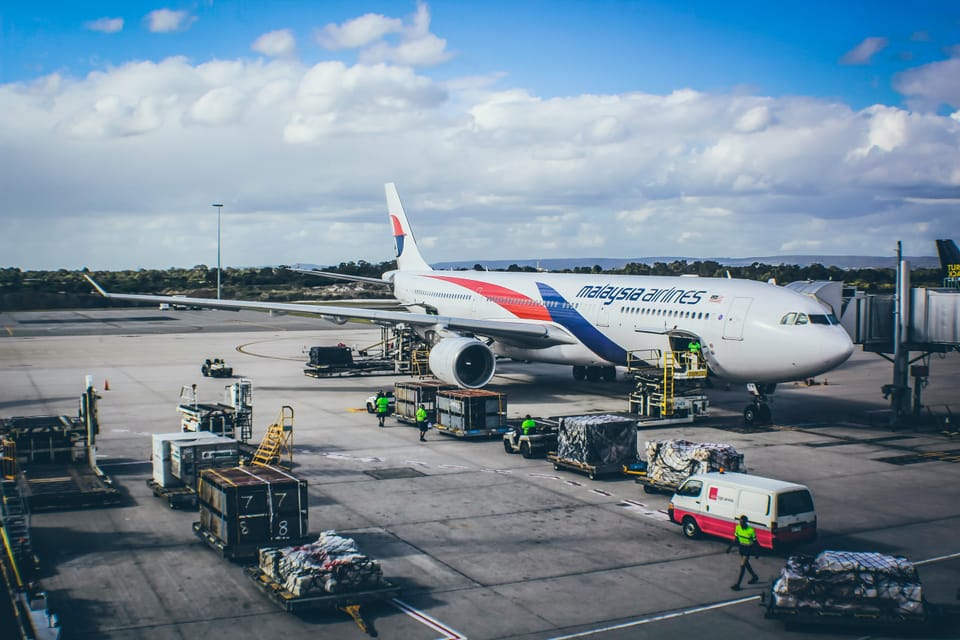Malaysia government releases aviation decarbonisation roadmap

Malaysia’s Transport Ministry has unveiled a roadmap to decarbonise the country’s aviation sector and meet its 2050 net zero ambition.
The blueprint is aligned with the net zero guidelines of the International Civil Aviation Organisation (ICAO), and focuses on aircraft technologies, operational improvements, sustainable aviation fuel (SAF) and market-based measures such as the Carbon Offsetting and Reduction Scheme for International Aviation (CORSIA).
It aims to support Malaysia in delivering its national decarbonisation commitments under the Paris Agreement, and position the country as a sustainable aviation hub in Asia.
Under a business as usual scenario, Malaysia’s aviation sector is set to emit nearly 25 million tonnes of greenhouse gases per year by 2050. However, the plan outlines a carbon reduction potential of up 12% from improving aircraft technology, 6% from operational efficiency measures, and up to 58% from the adoption of SAF – with the remaining 25-50% to be offset through market mechanisms.
Malaysia could require SAF utilisation on all flights
Much of the SAF reduction potential is expected to be achieved after 2030, and Malaysia says as part of periodical revisions of the blueprint, it could implement “a national policy to require SAF utilisation on all flights” in the future.
Read also: Air New Zealand drops 2030 SBTi target due to supply chain issues
The roadmap also outlines several measures airlines are required to implement and report on, such as optimum flight level,single-engine taxi and fuel load optimisation, as well as reducing contingency fuel.
In addition, airlines are encouraged to “actively pursue” the transition to more modern, efficient, and SAF-compatible aircraft as they become available.







Member discussion